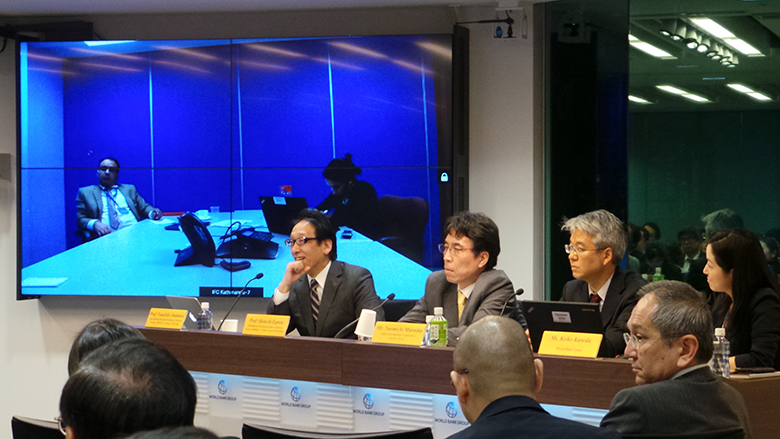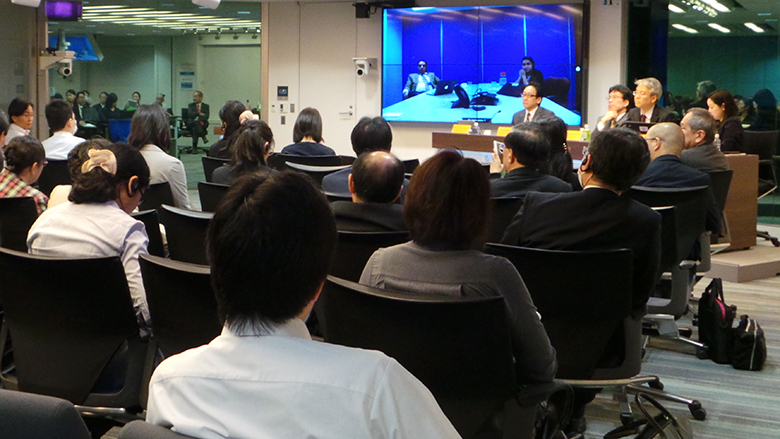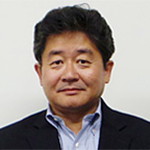 Yasusuke Tsukagoshi
Yasusuke Tsukagoshi
Special Representative, Japan, World Bank Group
Mr. Yasusuke Tsukagoshi became Special Representative, Japan on August 1, 2013. The Special Representative leads the institutional relationship with the Japanese Government, partners, and stakeholders; oversees the World Bank Tokyo Office; and has responsibility for coordinating and managing outreach and communications programs in Japan. Mr. Tsukagoshi, a Japanese national, has had a long career in Japan’s Ministry of Finance (MOF). Most recently, he served as Director General of Tokyo Customs following senior positions in the Ministry’s Customs and Tariff Bureau. Prior to the Customs’ positions, he had 17 years of experience in international finance and development. From 2008 to 2011 Mr. Tsukagoshi was Executive Director at the Inter-American Development Bank, representing Croatia, Japan, Korea, Portugal, Slovenia, and the United Kingdom, and from 1988 to 1991 he served as Executive Director at the African Development Bank, representing Argentina, Austria, Brazil, Japan, and Saudi Arabia.
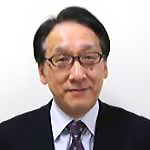 Fumihiko Imamura
Fumihiko Imamura
Director, International Research Institute of Disaster Science, Tohoku University / Professor, Hazard and Risk Evaluation Research Division, International Research Institute of Disaster Science, Tohoku University
Professor Fumihiko Imamura is the Director of the International Research Institute of Disaster Science (IRIDeS), Tohoku University established after the 2011 Great East Japan Earthquake and Tsunami, and also Professor of Tsunami Engineering. After completing his Ph.D., he became a research associate at Tohoku University. He was then an Associate Professor at the School of Civil Engineering, Asian Institute of Technology in Thailand during 1993-1995. He was promoted to be Professor of Tsunami Engineering in 2000, widely contributing to the process of recovery and reconstruction for the damaged area in the Indian Ocean after the 2004 tsunami. He was a member of the study group for the reconstruction design council in response to the 2011 Tohoku Earthquake. Since being appointed as a director, Professor Imamura has been leading IRIDeS to be actively engaged in disaster affected areas, both domestic and foreign, to provide support through technologies, knowledge, and the experience of IRIDeS faculties.
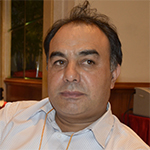 Khem Bahadur Karki
Khem Bahadur Karki
Member Secretary , Nepal Health Research Council / National Coordinator, Emergency Medical Teams, International, Government of Nepal
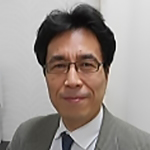 Shinichi Egawa
Shinichi Egawa
Professor, International Cooperation for Disaster Medicine Division, International Research Institute of Disaster Science, Tohoku University / Hepato-Biliary-Pancreatic Surgery Division, Tohoku University Hospital
Dr. Shinichi Egawa is Head, Division of Disaster Medical Sciences, International Research Institute of Disaster Science (IRIDeS), Tohoku University. As a disaster medicine expert, Dr. Egawa facilitates building a medical system resilient to disasters. His initiatives include: advancement of Emergency Medical Information System (EMIS); establishment of Video Conference System for doctors and medical staff; capacity building; and standardization of the national response system. He started his career in 1982 as a surgeon and joined Tohoku University, Department of Surgery, followed by 4 years as a Staff Scientist at the Growth Factor Division, National Cancer Center Research Institute. From 1999, he worked as a Visiting Research Fellow, Division of Surgical Oncology and Biological Therapy, University of Pittsburgh Cancer Institute. He later became Associate Professor, Division of Hepato-Biliary-Pancreatic Surgery, Tohoku University. In 2012, he was appointed as Professor, Division of International Cooperation for Disaster Medicine, IRIDeS, Tohoku University. Since 2013, he has also served as Deputy-Head, Regional Medical Support Division, Tohoku Medical Megabank Organization (ToMMo) to lead regional medical support. Dr. Egawa holds Ph.D. from Tohoku University Graduate School of Medicine.
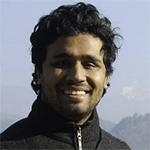 Avani Dixit
Avani Dixit
Disaster Risk Management Specialist, Nepal Earthquake Housing Reconstruction Project, World Bank Group
Mr. Avani Dixit joined the World Bank Nepal Office as a Disaster Risk Management Specialist in June 2015. He is currently the focal point for the Earthquake Housing Reconstruction Project, World Bank’s support to the Government of Nepal for rural housing reconstruction. Prior to joining the World Bank, he worked for the United Nations Development Programme (UNDP) Nepal for over 4 years as a Disaster Risk Management Programme Analyst and was responsible for providing oversight and technical support to the Government of Nepal on disaster projects and related aspects. Prior to that, he worked as Programme Analyst for the Bureau for Crisis Prevention and Recovery, UNDP in Geneva for 3 years in a global team providing technical assistance to UNDP Country Offices on disaster risk assessment. Mr. Avani is a certified PRINCE 2 project management practitioner, and has a Bachelor's Degree from Thammasat University, Thailand, and Master’s degree on information management from a consortium of universities in Europe: University of Reading, U.K.; Aristotle University of Thessaloniki, Greece; and Universidad de Carlos III Madrid, Spain.
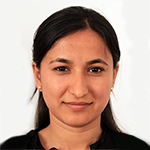 Jyoti Pandey
Jyoti Pandey
Social Protection Analyst, Nepal Earthquake Housing Reconstruction Project, World Bank Group
Ms. Jyoti Pandey is a Social Protection Analyst at the World Bank country office in Nepal. She works on improving social protection systems and civil registration. Post-earthquake, she worked with the Central Bureau of Statistics in designing and implementing the beneficiary identification survey for housing reconstruction. Ms. Pandey has a Master’s degree in public policy from the Hertie School of Governance, Germany and a Bachelor’s in Economics and International Relations from Connecticut College, U.S.A.
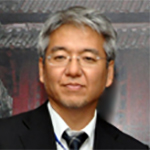 Naomichi Murooka
Naomichi Murooka
Advisor, Urban and Regional Planning Development Division I, Urban and Regional Planning Development Group, Infrastructure and Peacebuilding Department, Japan International Cooperation Agency
As Advisor, Infrastructure and Peacebuilding Department, Japan International Cooperation Agency (JICA), Mr. Naomichi Murooka has been launching and implementing a number of projects and research projects, mainly in Asia and Africa. After working as a consultant, Mr. Murooka joined JICA to advance his specialized expertise. Since 1998, he has served at the Tokyo International Center, Grant Division, Social Development Division, Vietnam Office, JICA. Since the appointment to his current position in 2013, he has led many projects including urban transport, urban development, and regional development sectors. His recent engagements are particularly concerned with post-conflict and post-disaster recovery, such as “Rehabilitation and Recovery from the Typhoon Yolanda” started in November 2013, and “Build Back Better Reconstruction of Nepal after Gorkha Earthquake”. Mr. Murooka holds a Master's in Urban Planning from the Graduate School of the University of Michigan.
 Keiko Sakoda Kaneda
Keiko Sakoda Kaneda
Disaster Risk Management Specialist, Disaster Risk Management Hub, Tokyo, Global Facility for Disaster Reduction and Recovery, World Bank Group
Ms. Keiko Sakoda Kaneda is a Disaster Risk Management (DRM) Specialist at the Global Facility for Disaster Reduction and Recovery (GFDRR) DRM Hub Tokyo. She works on technical assistance grant portfolio, and supports connecting Japanese relevant experience with the World Bank’s operational teams, beyond the traditional DRM community, for mainstreaming DRM in various sectors. She brings solid operational expertise in post-disaster/conflict reconstruction, disaster preparedness, climate change adaptation and urban development from nearly 10 years of experience. Her focused experience in post-disaster/conflict housing reconstruction added value to recent Bank operations in Nepal and Vanuatu after devastating disasters in 2015. Prior to joining the World Bank, she worked at UNDP and UN Habitat in Indonesia, UNHCR in South Sudan and JICA in Mongolia. Ms. Kaneda holds a Master's degree in Architectural Engineering from Kyoto Institute of Technology, Japan. She is currently pursuing a Ph.D. in Architectural Engineering at Kyoto University.
(Listed in the order of presentation)
❖ Overview
❖ Our Activities
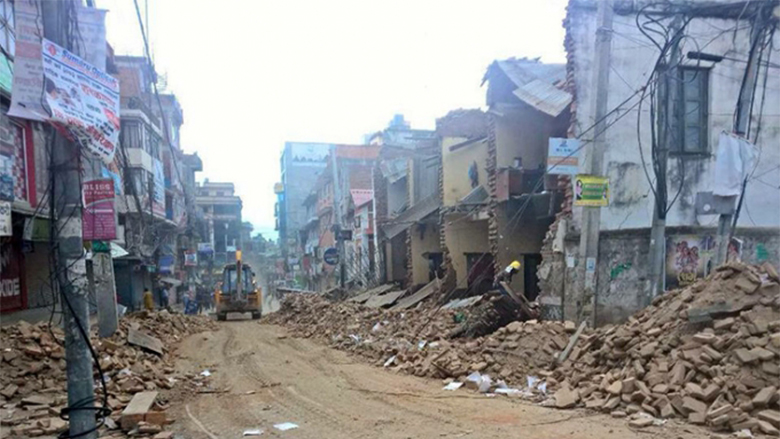
 Yasusuke Tsukagoshi
Yasusuke Tsukagoshi Fumihiko Imamura
Fumihiko Imamura Khem Bahadur Karki
Khem Bahadur Karki Shinichi Egawa
Shinichi Egawa Avani Dixit
Avani Dixit Jyoti Pandey
Jyoti Pandey Naomichi Murooka
Naomichi Murooka Keiko Sakoda Kaneda
Keiko Sakoda Kaneda